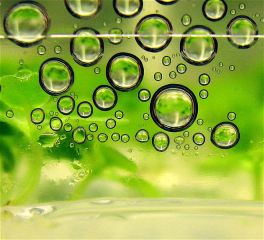
Biofuel industries are expanding around the world
BP has joined forces with Martek Biosciences Corporation to jointly work on the “production of microbial oils for biofuels applications” as announced today in a joint statement from the two companies. In particular, the pair are conducting research into the viability of transforming sugar into a biofuel through a process of fermentation in contrast to the most common form which uses vegetable oils.
BP has stated that they will be contributing approximately US$10 million to form the initial stage of this joint development agreement. This new trend towards the development of biofuel alternatives is a welcome addition to the search for ways in which to decrease humanities environmental impact, allowing us to progress towards a more sustainable future.
The news follows last month’s deal between ExxonMobil and another biotech research company into the use of algae based biofuels. In much the same way, the ExxonMobil deal is intended to test the viability of these products in the commercial environment. At present, there is some skepticism over whether these techniques will be able to develop enough fuel to meet growing worldwide demands.
Another growing cause for concern is that these multinational companies may look to patent particular micro-organisms and their use in the production cycle. This outcome, which one can almost be assured some will at least attempt to procure, brings into play many ethical issues surrounding recent interest in environmental concerns and progress. The thought of corporate entities owning particular forms of life is quite unnerving to many, and if we do not watch this development closely we may find that what we gain through the creation of alternate sources of energy we lose in other areas.
However, any movement away from the burning of fossil fuels as a source of energy must be seen as a positive step towards a more sustainable global society. The issue lies in the fact that these technologies are being developed almost solely because of commercial benefit and viability – for without it they will not be developed at all by such corporations as BP and ExxonMobil. There is an ethical minefield upon the horizon, and we must be ever diligent if we wish to traverse it.
What do you think?




